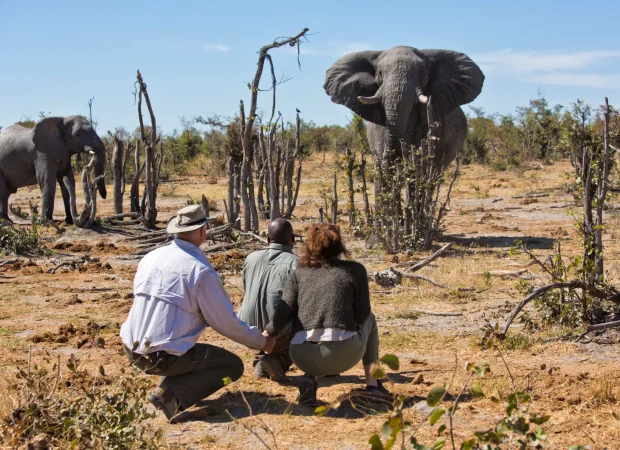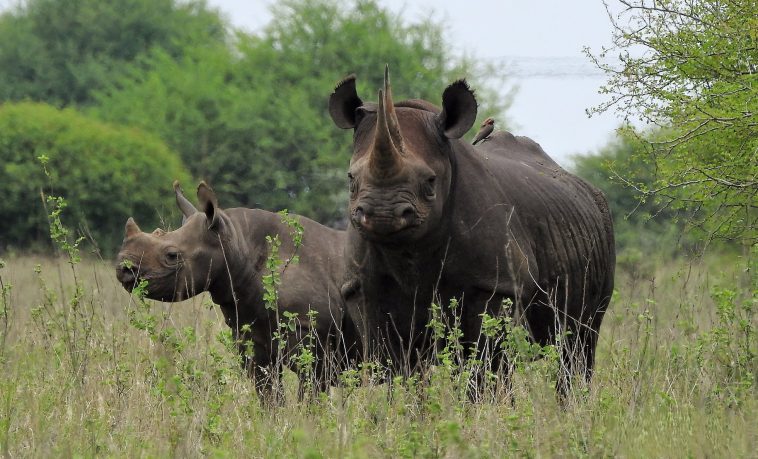Kenyans affected by wildlife attacks will now receive higher and faster compensation following the signing of the Wildlife Conservation and Management Act, 2025 by President William Ruto. The new law replaces the 2013 framework, creating a detailed structure to resolve human – wildlife conflicts that have long troubled communities bordering national parks and reserves.

The law establishes a two-level compensation system to ensure transparency and fairness. At the county level, a County Wildlife Compensation Committee will handle the initial review of claims involving deaths, injuries or damage caused by wild animals. Once verified, the claims will be forwarded to the Ministerial Wildlife Compensation Committee, which has the final say on approvals or rejections.
Under the new framework, victims or their families must file claims within 12 months for injuries or deaths and 30 days for property, crop or livestock losses. Compensation limits are set at Ksh.5 million for loss of life, Ksh.3 million for permanent disability and Ksh.1 million for other injuries. For property destruction, payments will depend on the scale of loss and whether reasonable measures were taken to prevent damage.
The Act also provides an appeal process – those unsatisfied with the outcome of their claim can lodge an appeal with the National Wildlife Tribunal within 30 days of receiving the decision.
Beyond compensation, the new legislation imposes stiffer penalties for wildlife crimes, signaling Kenya’s firm stance against poaching and environmental degradation.
Anyone convicted of trading endangered species could face fines of up to Ksh.100 million or 20 years in prison. Manufacturing or selling items made from endangered species attracts fines of up to Ksh.10 million or life imprisonment, while sport hunting of protected animals carries a fine of up to Ksh.20 million.
Possessing or selling bushmeat without authorization is now a serious crime, punishable by up to three years in jail or a Ksh.2 million fine. Additionally, polluting wildlife habitats through hazardous waste discharge will attract penalties of up to Ksh.2 million or five years imprisonment.
The government says the law is a major step toward protecting communities, promoting wildlife conservation and ensuring justice for victims of human–wildlife conflict.
Discover more from ULIZA LINKS NEWS
Subscribe to get the latest posts sent to your email.



